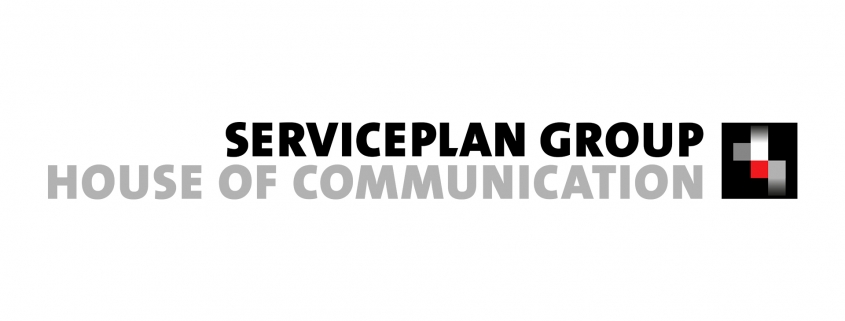- The most relevant SEO News for February 2020 - 26. February 2020
- The most relevant SEO News for January 2020 - 21. January 2020
- The most relevant SEO News for December 2019 - 23. December 2019
- The most relevant SEO News for November 2019 - 25. November 2019
- Don’t be afraid of Google’s BERT - 31. October 2019
- The most relevant SEO News for October 2019 - 31. October 2019
- The most relevant SEO News for September 2019 - 25. September 2019
Search engines do not take a vacation. Therefore, we present just in time for the summer vacation the most important SEO News of the month July – with new competition for Amazon Alexa, positive news for Bing and, of course, exciting Google updates.
1. Google Mobile Search enables direct contact with potential customers
After the first tests in November of last year, Google in the USA has now officially launched the function enabling users to contact companies directly from the search results on mobile terminals. After a local search (e.g. for a restaurant, hairdresser, etc.) you will be able to notify the store of your choice directly by Messaging App. For providers, the new function is activated quickly via the Google MyBusiness-Account. The communication is processed either through the Google-Messaging-App “Allo” onto Android devices or directly in the native Messaging-App onto iOS.
2. Videos on Google and YouTube: New study explains the differences in the ranking
Do I want to focus on Google or YouTube in the case of optimising my moving image content? A new study from the USA provides support with this decision. Using a comprehensive ranking analysis, this could show that the algorithms of both search engines differ significantly due to different user intentions and monetisation models. As a result, the content of the video is decisive: While informative content on traditional Google search, such as operating instructions, seminars, or reviews gain high visibility, on YouTube you can achieve high rankings with entertainment content and serial formats. Interesting reading for any SEO.
3. Bing expands market shares in Desktop Searches
For a successful search engine optimisation, it is important not to depend only on the market leader Google. To reach your target group, you need to closely observe the broad spectrum of general and specialised search systems. This, of course, includes Microsoft’s search engine Bing, which, by his own account, serves older and financially stronger target groups than its competitor Google. According to the latest figures from Comscore’s market researchers, Bing was able to expand its European market share in desktop searches to nine percent in the first two quarters of 2017, in Germany to twelve percent and in the United States even to 33 percent. Bing was driven by a stronger integration of the search engine into the current operating system Windows 10 and its Voice Search “Cortana”, Depending on the audience and target market, it is thus worthwhile keeping an eye on the company from Redmond.
4. Bing expands results display for brand searches
And once again Bing: In the past, it has been shown that even Google is not afraid to copy new features from Microsoft’s search engine. For example, in the case of the image search, Bing was able to profile itself with new display formats on the search results pages. Recently, in the United States, Bing offers during the search for brand names, in addition to the well-known site links, also direct entry points for “Popular Content” in the form of screen shots and images. Whether or not this feature provides added value for the user is questionable, it serves quite definitely an attention increase and thus a potentially higher click rate.
5. Competition for Google and Amazon: Samsung and Facebook are planning their smart speakers
Up to now, the market for the smart speaker has been controlled mainly by Amazon and Google, where the trade giant currently plays a dominant role with Echo and Alexa. Now Samsung and Facebook are also preparing to enter this market. Currently, Samsung is focusing on the development of language assistant Bixby and once more positions itself as a competitor to Google. Apparently, Facebook will launch a corresponding offer on the market in the first quarter of 2018.These developments underline the trend that SEO will increase significantly in complexity given the rapid (further) development of language searches and the more diverse region of terminal equipment.
This page is available in DE





